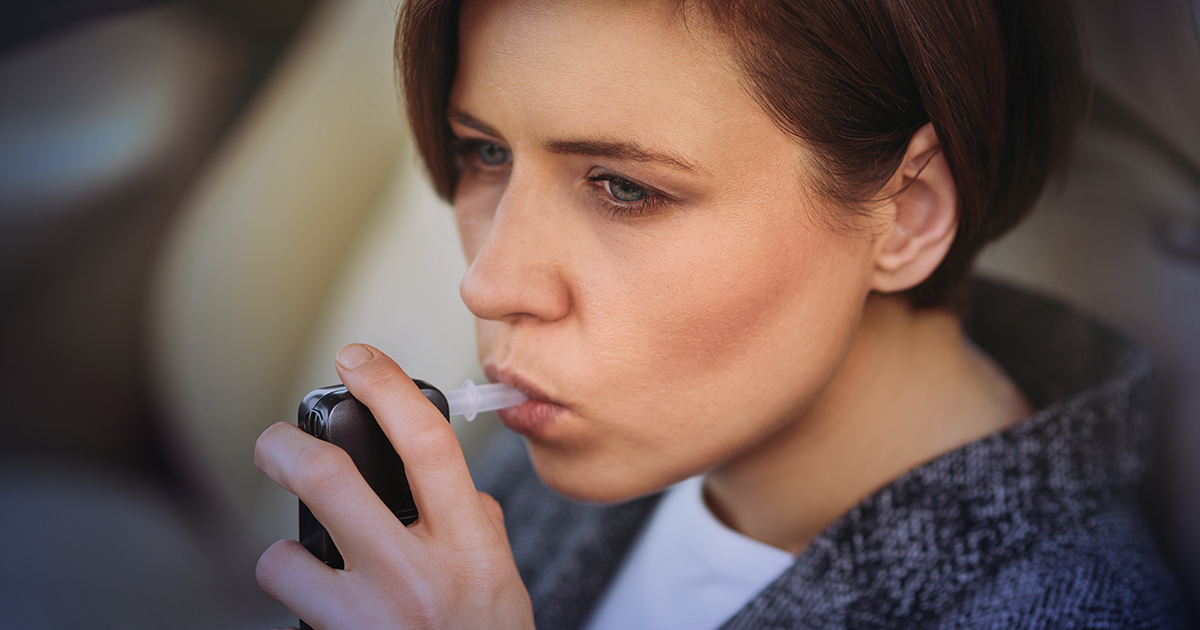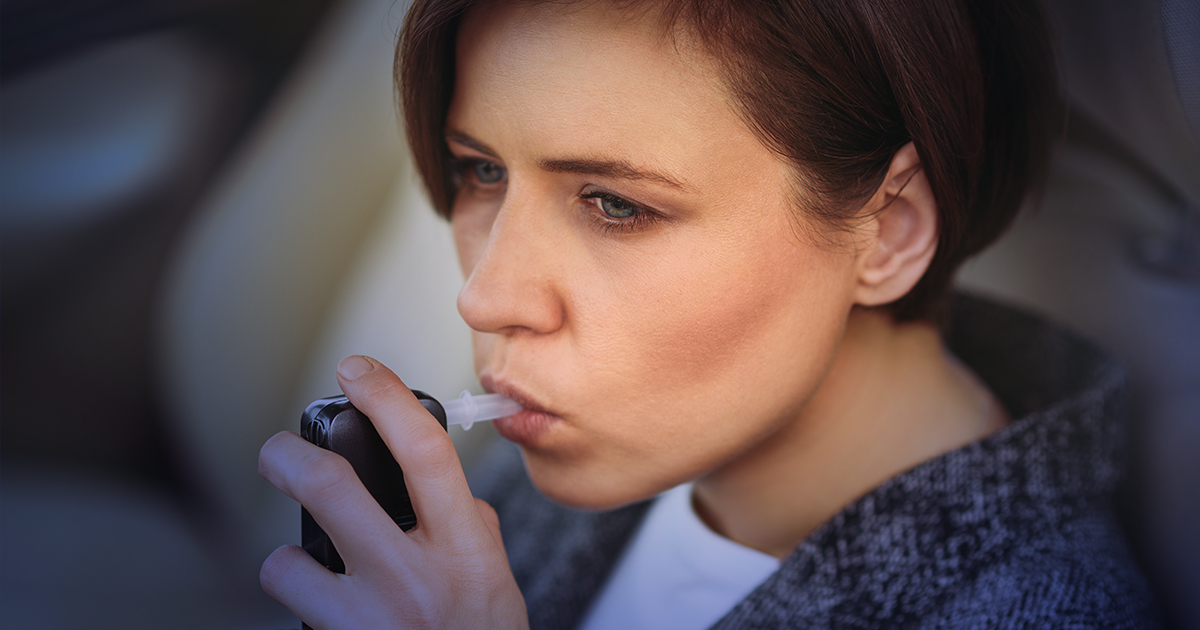Available 24/7 and Obligation Free
Available 24/7 and Obligation Free
Available 24/7
When it comes to a DWI Chemical Test Refusal – don’t risk your family, your license, your job, or your financial future. Our Attorneys have the experience to defend you and fight your Aggravated DWI charge.
Our relationships and understanding of local courts, judges and prosecutors are key to helping our clients get the best possible legal outcomes.
In New York State, drivers are considered to have given their consent to take a chemical test (breathalyzer, blood, or urine) when they operate a motor vehicle on public roads. This is known as the “Implied Consent” law. If you are arrested for a DWI, the police officer will ask you to take a chemical test. You have the right to refuse the test, but there are serious consequences for doing so.
If you refuse a chemical test, your driver’s license will be suspended for one year. This suspension is automatic and cannot be appealed. You will also be charged with a misdemeanor, which carries a fine of up to $500 and up to 15 days in jail.
If you have a prior DWI conviction or refusal within the past 5 years, the penalties for refusing a chemical test are more severe. Your driver’s license will be suspended for 18 months, and you could face up to 1 year in jail.
No, you do not have to take a chemical test if you are arrested for a DWI in New York State. However, there are serious consequences for refusing a chemical test, including the automatic suspension of your driver’s license for one year.
There are a few exceptions to the Implied Consent law in New York State. You do not have to take a chemical test if you are:
The penalties for refusing a chemical test in New York State are:
If you have a prior DWI conviction or refusal within the past 5 years, the penalties are more severe:
Yes, you can still be convicted of a DWI even if you refuse a chemical test. The prosecutor can use other evidence, such as your driving behavior, your appearance, and the results of field sobriety tests, to prove that you were intoxicated.
A DMV hearing is a hearing held by the New York State Department of Motor Vehicles (DMV) to determine whether your driver’s license should be suspended for refusing a chemical test. You have the right to attend the hearing and present evidence in your defense.
The chances of winning a DMV hearing vary depending on the specific facts of your case. However, if you have a good attorney who can present strong evidence in your defense, you have a good chance of winning the hearing.
If you are convicted of a DWI and refuse a chemical test, you will face the penalties outlined above. You may also be eligible for a hardship license after your suspension period ends. However, you will not be eligible for a hardship license if you refuse a chemical test.
Some of the defenses to a DWI chemical test refusal charge include:
There are a number of resources available to you if you are facing a DWI chemical test refusal charge. These include:
It is not so easy to find a DWI attorney. People sometimes treat, and attorneys represent DWI charges as if they were simple traffic tickets. As a result, it can dramatically affect someone’s job, finances, freedom, and their ability to be valued members of our society.
With the government having access to an unlimited amount of resources to convict people, many times, people are forced to plead guilty to something that they either were not guilty of or something that would affect the rest of their life.
That’s why if you are facing a DWI charge, you need a competent, experienced, and respected attorney to defend you. The DWI TEAM is comprised of some of the most accomplished DWI professionals in New York state. Nave Law Firm has brought together these exceptional professionals as The DWI TEAM to offer DWI defense services of the highest order. With Nave Law Firm’s leadership, The DWI TEAM provides our clients with seamless service using the most cutting edge defense strategies in seeking the best outcome possible in their case.


Let our team guide you through your DWI case with confidence, providing expert and personalized representation.
If you find a lower price for the same exact legal services from another DWI-focused attorney, we’ll match it, beat it, or give you a $50 gift card.

Connect with our expert team for a free consultation. We'll review your case and provide personalized advice to help you move forward. Contact us today to get started.

Help us evaluate your DWI case by completing our questionnaire. Your honesty is vital for us to offer the best options. Rest assured, your information is confidential.
Operated by Nave Law Firm located at: 231 Walton St, Syracuse, NY 13202.
Disclaimer | Prior results do not guarantee a similar outcome.
DWI TEAM | Attorney Advertising Website.
©2025 Nave Law Firm